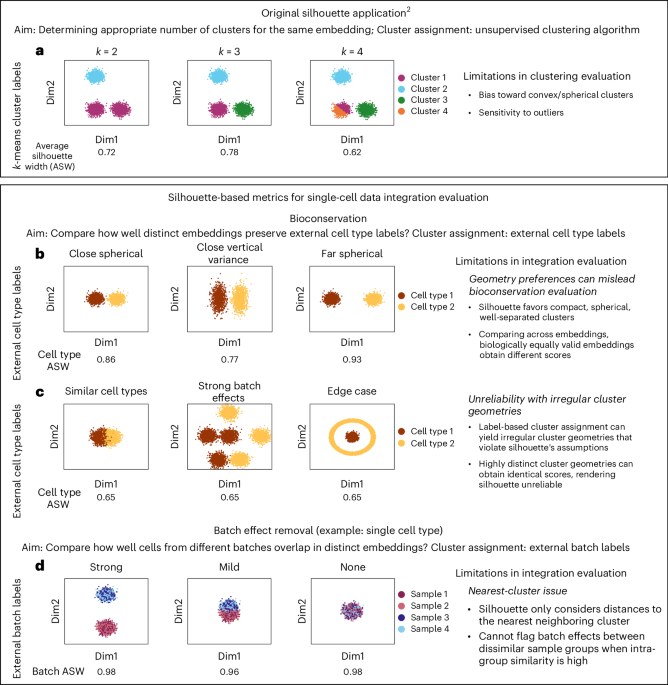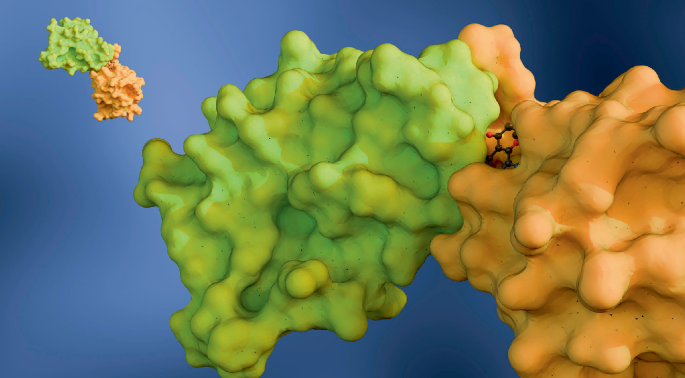Now Reading: Could Shingles Vaccine Lower Alzheimer’s Risk?
-
01
Could Shingles Vaccine Lower Alzheimer’s Risk?
Could Shingles Vaccine Lower Alzheimer’s Risk?

Swift Summary
- A 2013 public health policy in Wales led to a natural experiment regarding shingles vaccination.
- People born on or after September 2, 1933, were eligible for the vaccine, while those born before this date were not due to limited supply and age considerations.
- Research published in Nature reveals that vaccinated individuals were 20% less likely to develop dementia over a seven-year period compared to unvaccinated individuals.
- Study methodology leveraged randomized assignment based solely on birthdate,enabling researchers to control for external factors like lifestyle or education.
- Findings suggest two possibilities: (1) the shingles virus might contribute causally to some dementia cases,or (2) certain vaccines trigger broader immune benefits that lower dementia risk.
- The study emphasizes the significance of vaccinations for public health and calls for further research via randomized controlled trials.
Indian Opinion Analysis
This study offers intriguing insights into potential links between vaccines and neurodegenerative diseases such as Alzheimer’s. While direct implications for India are not discussed here,the findings raise important questions regarding public health strategies. Dementia cases are projected to rise globally,including in India where healthcare resources for aging populations remain constrained. Incorporating vaccines with neurological benefits could serve as cost-effective preventive measures against increasing dementia prevalence if similar results hold true across diverse demographics.
India’s policymakers could also view this research as an impetus to prioritize funding scientific investigations on vaccine-derived immunological effects against chronic diseases. Leveraging lessons from studies like this one may enhance understanding of disease pathways and optimize elderly care frameworks domestically.
For full details: Read More

























